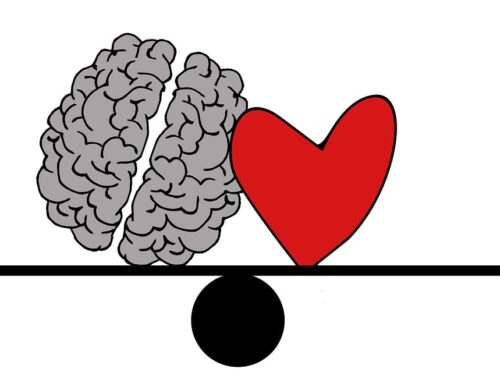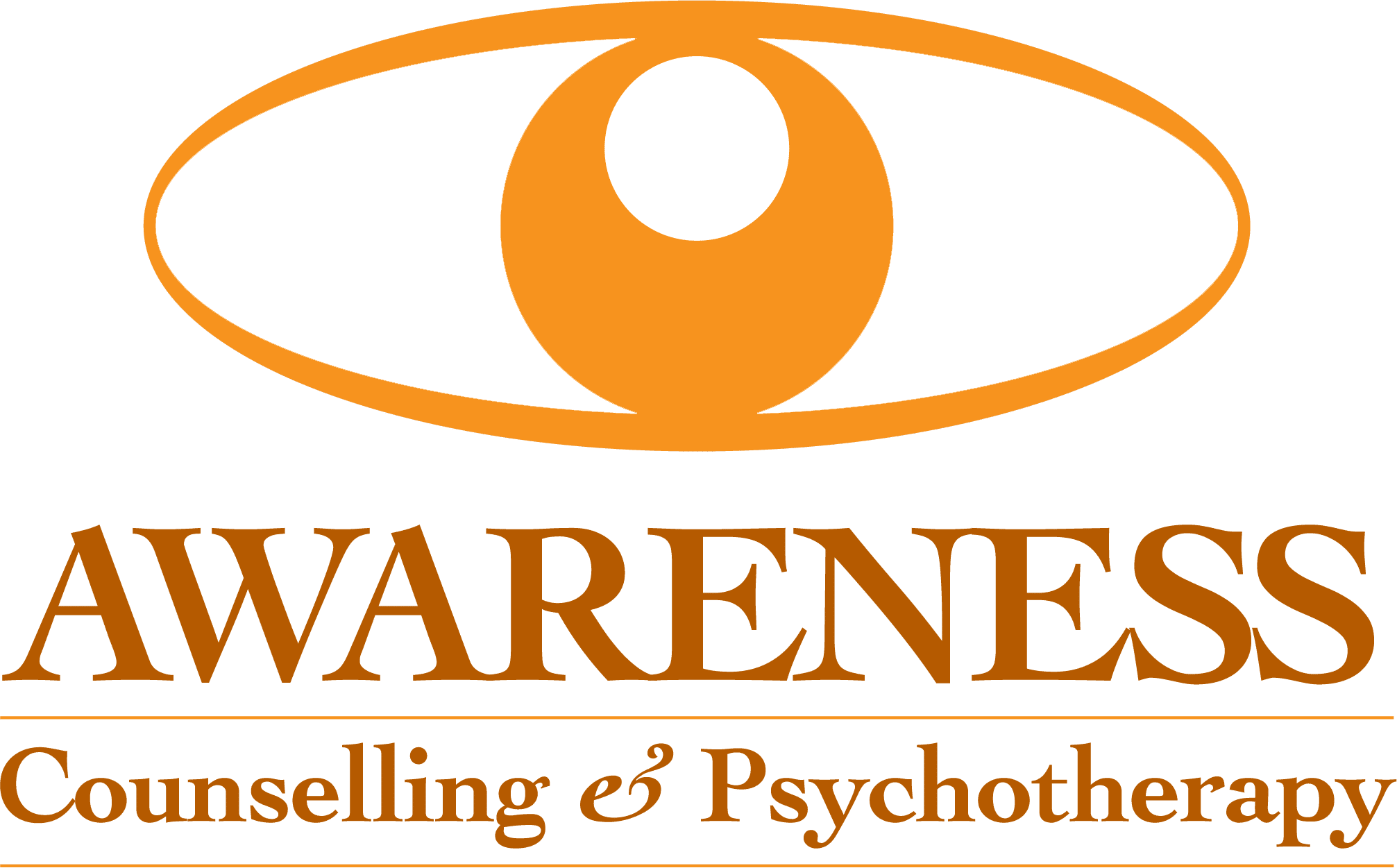Burnout, a state of emotional, physical, and psychological exhaustion caused by prolonged stress, is increasingly common in today’s fast-paced world. As a psychotherapist, I’ve witnessed firsthand the multifaceted impact burnout can have on individuals, affecting their mental health, physical well-being, and overall quality of life. I hear people say “I’m feeling burnt out”, but this is generally a fatigue due to stress, which can lead to burnout. Real burnout can take months and sometimes a couple of years to recover from. So let’s look first of all at the effects.
Psychological Effects: Burnout often manifests through psychological symptoms such as feelings of detachment, cynicism, and a sense of ineffectiveness. This can lead to decreased job satisfaction and a lack of accomplishment, creating a vicious cycle where our self-esteem and motivation plummet. Research indicates that burnout is closely linked to mental health issues like depression and anxiety. The World Health Organisation (WHO) emphasises the role of chronic workplace stress in exacerbating these conditions.
Emotional Effects: Emotionally, burnout can make one feel drained, unable to cope, and excessively fatigued. It often leads to a diminished sense of personal achievement and a loss of identity. These emotional symptoms can spill over into our personal lives, affecting relationships and social interactions. The emotional toll of burnout can be profound, leaving individuals feeling isolated and disconnected from their surroundings.
Physical Effects: The physical impact of burnout should not be underestimated. It can lead to various health problems, such as headaches, gastrointestinal disorders, muscle tension, and chronic fatigue. The Mayo Clinic has reported a strong correlation between burnout and physical health issues like heart disease, high blood pressure, and weakened immune systems.
Signs to Look Out For: Recognising the early signs of burnout is crucial. These can include chronic fatigue, insomnia, forgetfulness, increased irritability, and changes in appetite or habits. Paying attention to these warning signs is essential, as early intervention can prevent the full onset of burnout.
Preventive Actions: To prevent burnout, it is essential to develop healthy coping strategies. Monitoring your anxiety and listening to what it’s telling you, are you taking on too much? Take responsibility for what you take on. Is some part of your ego or inner critic telling you you canIs some part of your ego or inner critic telling you you can do more? Regular exercise, adequate sleep, and a balanced diet are fundamental. Mindfulness and relaxation techniques such as yoga and meditation can effectively manage stress. Setting boundaries, particularly in the workplace, is crucial. Learning to say no and delegating tasks can help maintain a healthy work-life balance.
Additionally, seeking support from friends, family, or mental health professionals can provide the necessary guidance and perspective. Therapy sessions offer a safe space to explore and address the underlying issues contributing to burnout.
Burnout is a complex condition that requires a multifaceted approach to prevent and manage. It’s vital to recognise the signs early and take proactive steps to maintain mental, emotional, and physical well-being. As a psychotherapist, I advocate for a holistic approach to dealing with burnout, emphasising the importance of self-care, boundary setting, and seeking professional help when necessary. By addressing the root causes and implementing effective coping strategies, it is possible to mitigate the effects of burnout and lead a more balanced, fulfilling life.









